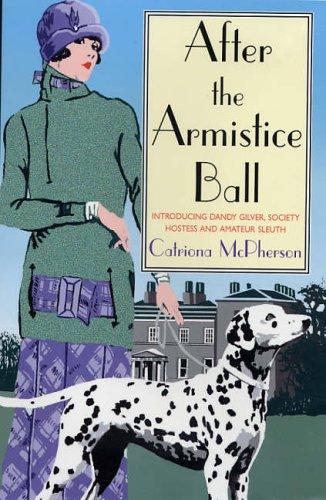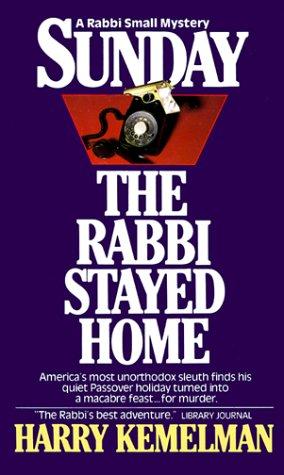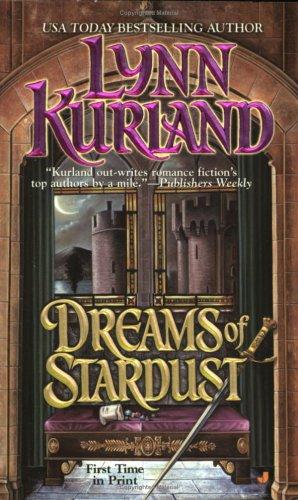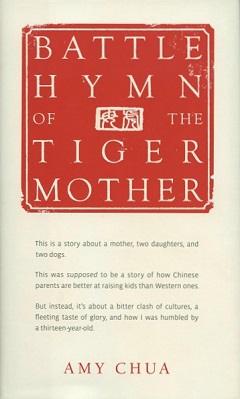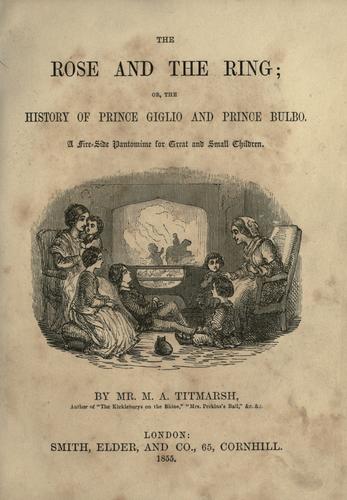This is titled "An Autobiography..." but it is a work of fiction. Each chapter is preceded by quotations taken from the newspapers, songs, magazines, etc. that were published during that particular time in Mrs. Tom Thumb's life. It's an interesting way to ground the book in real history. Of course Mrs. Tom Thumb, Mercy Lavinia "Vinnie" Warren Bump Stratton, was a real person so the story follows the general chronology of her life. But the details are fictional.
Melanie Benjamin has chosen to portray Vinnie as larger than life, craving adventure, a little cold-hearted, a lifelong virgin, a fearless and take-charge little person. Vinnie leaves home at the tender age of 17 and goes from adventure to adventure.
Vinnie's feelings about sex color all of her relationships with people and I was interested in how delicately Melanie Benjamin constructed the background experiences to form this fictional Vinnie's opinions about men and babies and marriage.
Did I like the book? Hm. Well, I found it very interesting. I was captivated by Vinnie even as I pitied her. The book only follows her into her 40s--now I'm interested to know what she did during her post-touring years. It was an engaging book, full of tragedies that were made easier to read about because of Vinnie's gift for picking herself up and moving on again. Was her life really this way? I don't know. I hope not. There wasn't much happiness for Vinnie.
So did I like it? Well, I liked the book but didn't like the story. Does that make sense? I felt bad for Vinnie's distance from all the important people in her life--her husband, her family. I didn't exactly like Vinnie. She was rather cold-hearted and superior. But I didn't exactly dislike her either. Was it a good read? Definitely. It was well written, clean, interesting, and full of period details that I really liked.
One critical note: I am always sensitive to how Mormons are treated in fiction. Melanie Benjamin may have done her research on Mr. Barnum and the Tom Thumb family, but she did not do her research on Mormon women. She let her personal prejudices write those scenes. Having descended from one of those intrepid Mormon women, I found her dismissal of them as meek doormats disappointing.
But that, however, was a very small part in a book written about a little person's very big life.

